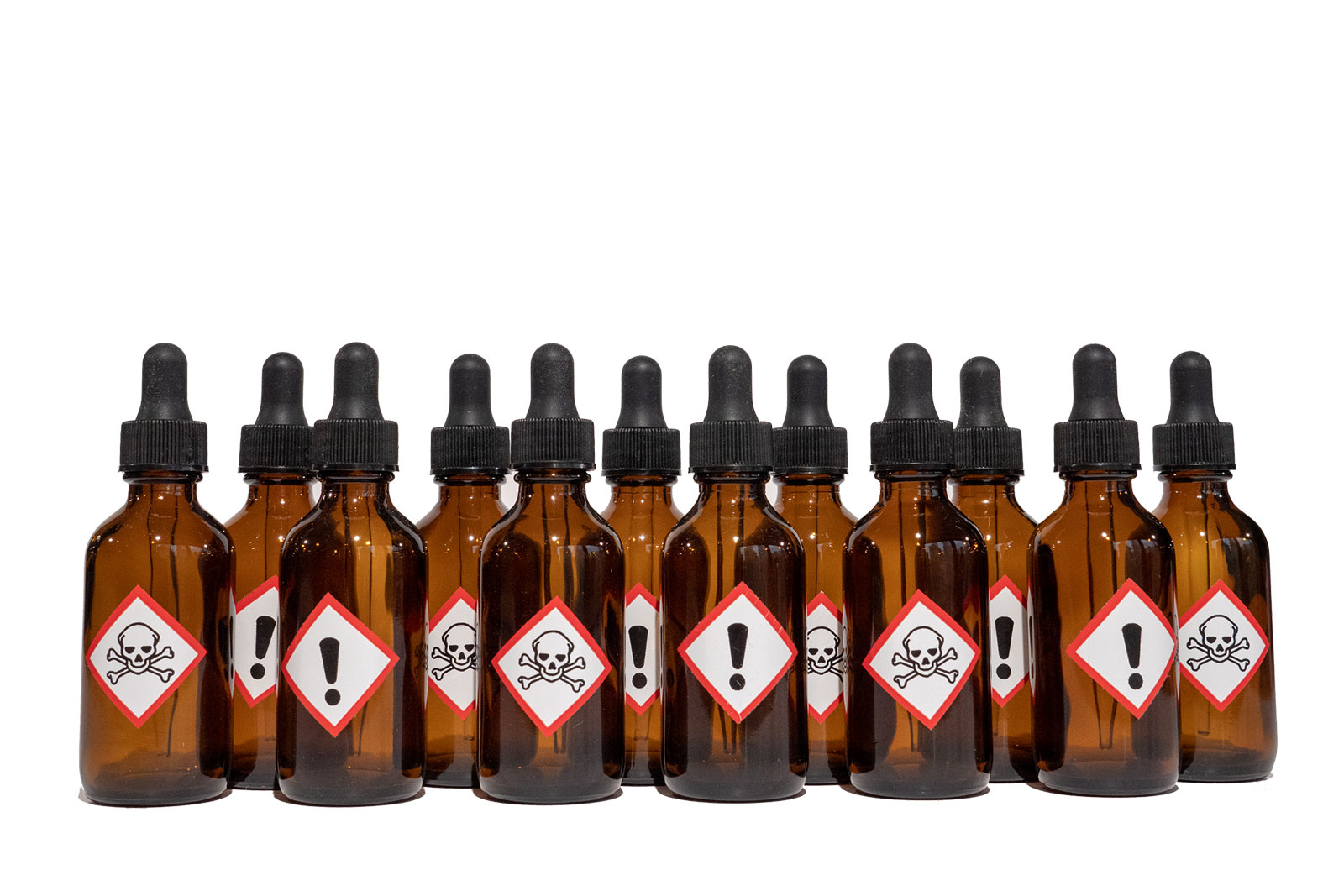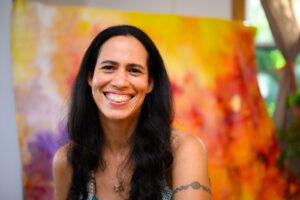Dermatologist approved. Hypoallergenic. All-natural. We see these labels everywhere, but what exactly do they mean? Apparently, not much at all.
According to the Food and Drug Administration, the law does not require cosmetic products to be individually approved by the FDA before going to market. According to the FDA, “Under the law, cosmetic products and ingredients do not need FDA premarket approval, with the exception of color additives. However, FDA can pursue enforcement action against products on the market that are not in compliance with the law, or against firms or individuals who violate the law.” A manufacturer can also use any ingredient in the formulation of cosmetics, barring “the ingredient and the finished cosmetic are safe under labeled or customary conditions of use, the product is properly labeled, and the use of the ingredient does not otherwise cause the cosmetic to be adulterated or misbranded under the laws that FDA enforces.”
When product labels assert claims like dermatologist approved, it is natural for consumers to trust that the product will deliver the desired effect without negative consequences. Unfortunately, this is not always the case. But without prior knowledge of minerals and chemicals, it’s difficult for a consumer to recognize an ingredient that might cause them irritation. “You’re naturally drawn into the term ‘dermatologist approved,’ but it really doesn’t say much,” says Dr. Jeanette Jacknin, a board-certified dermatologist and author with expertise in holistic dermatology and natural cosmeceuticals.
So how does this end up on cosmetic products? “You have to pay for it,” says Dr. Heather Rogers, a Seattle-based dermatologist who launched her own skin-care line to solve the problem of providing patients the most beneficial and least harmful products. “It costs $200, and that’s all it took,” she says.
You’re naturally drawn into the term ‘dermatologist approved,’ but it really doesn’t say much.
If one dermatologist tests a product and deems it safe for consumers, this is enough to warrant a dermatologist-approved label, according to both Rogers and Jacknin. However, beauty and skin-care companies will employ their own dermatologists, essentially providing a stipend for doctors which may persuade them to give their stamp of approval on a product, regardless of whether or not they actually believe it is beneficial for consumers. “Dermatologists are often on retainer and paid for speaking about and recommending a line of beauty/skin-care products,” says Rogers.
In response to consumer concern, retailers like Credo Beauty, Beautycounter, and Thrive Market are capitalizing on the trend toward providing safe, natural beauty products that consumers can trust. Michelle Connelly, lead buyer for Credo Beauty, explains Credo’s “Brand Standard,” which considers product ingredients, but also the individual company’s “manufacturing practices, clear and consistent labeling, and marketing claims,” Connelly says. Credo’s “Dirty List” goes beyond their Brand Standard, and compiles a list of ingredients that are linked to health and environmental issues, like formaldehyde, parabens, and phthalates. Credo refuses to stock products with any of these ingredients, or work with brands that go against their Brand Standard in any way.
Whether a product claims it is dermatologically approved, tested, or recommended, dermatologists agree that consumers need to be discerning and conduct their own research. “What to look for is the name of a board-certified dermatologist who actually has done at least consumer studies, if not clinical studies on the product,” says Jacknin, adding that the product packaging or instructions will usually include this information.And although the beauty industry is moving towards making a point of marketing products as “chemical free” and “all-natural,” there’s something important to remember. “All chemicals aren’t bad,” says Jacknin.







